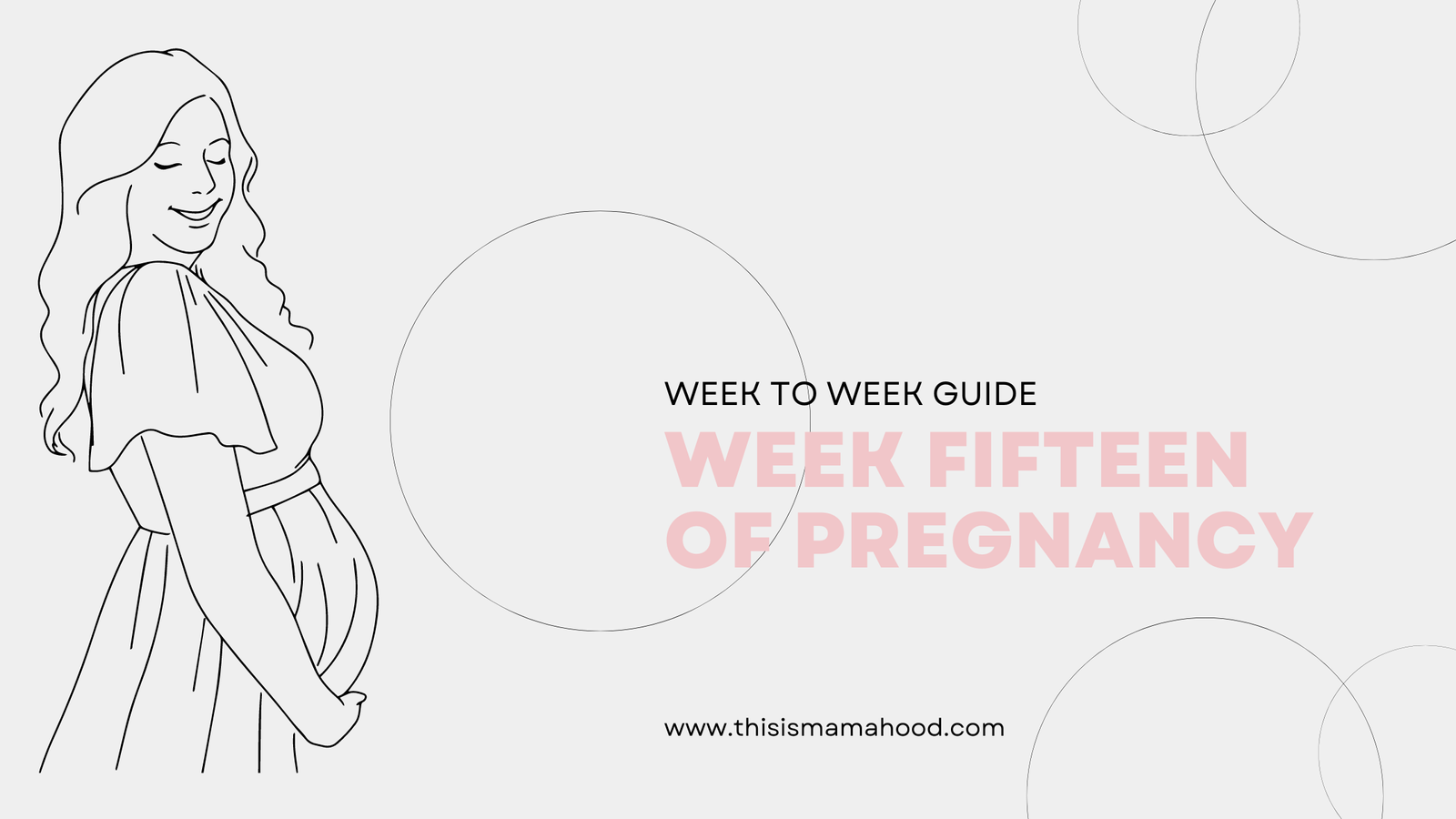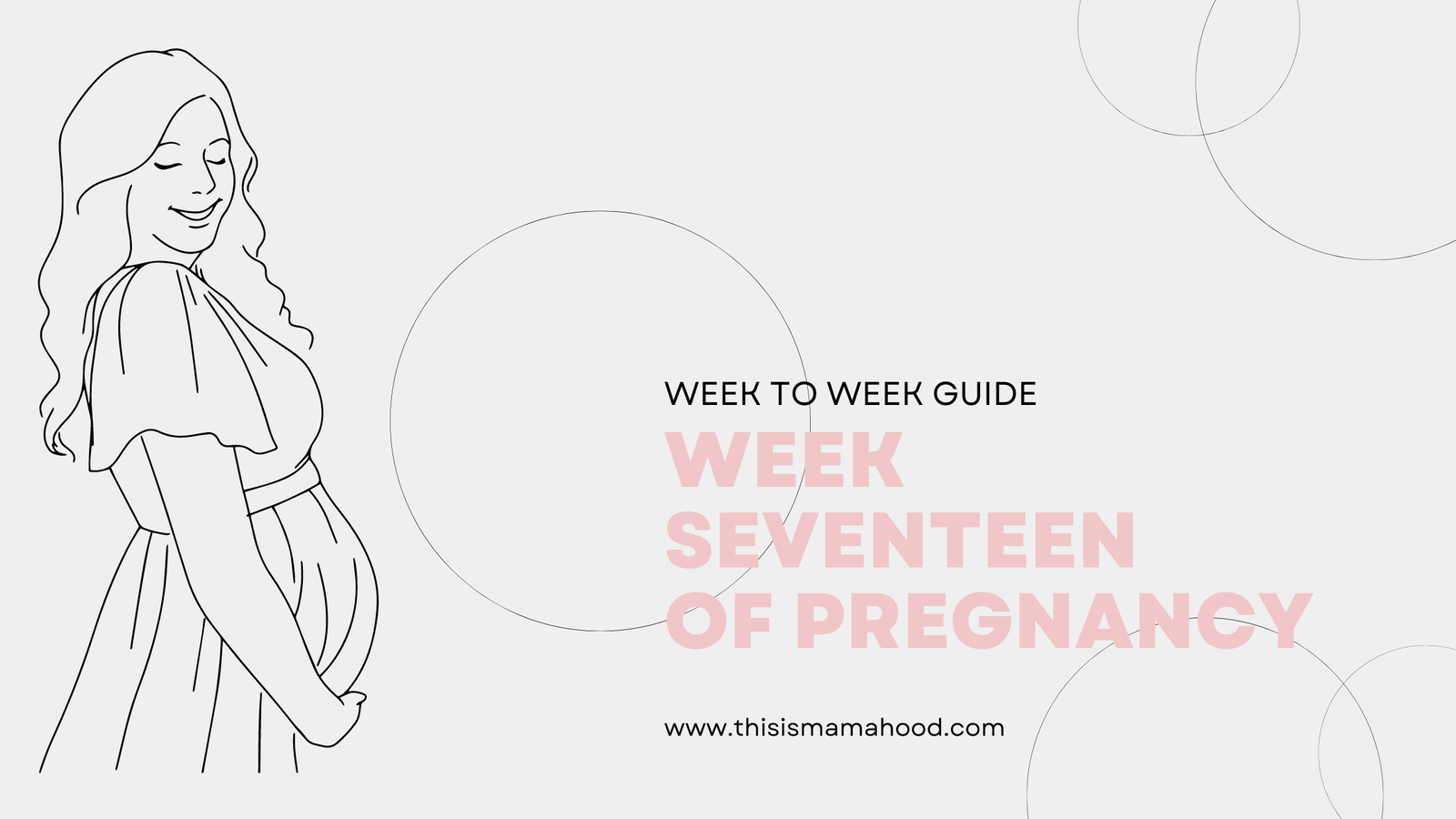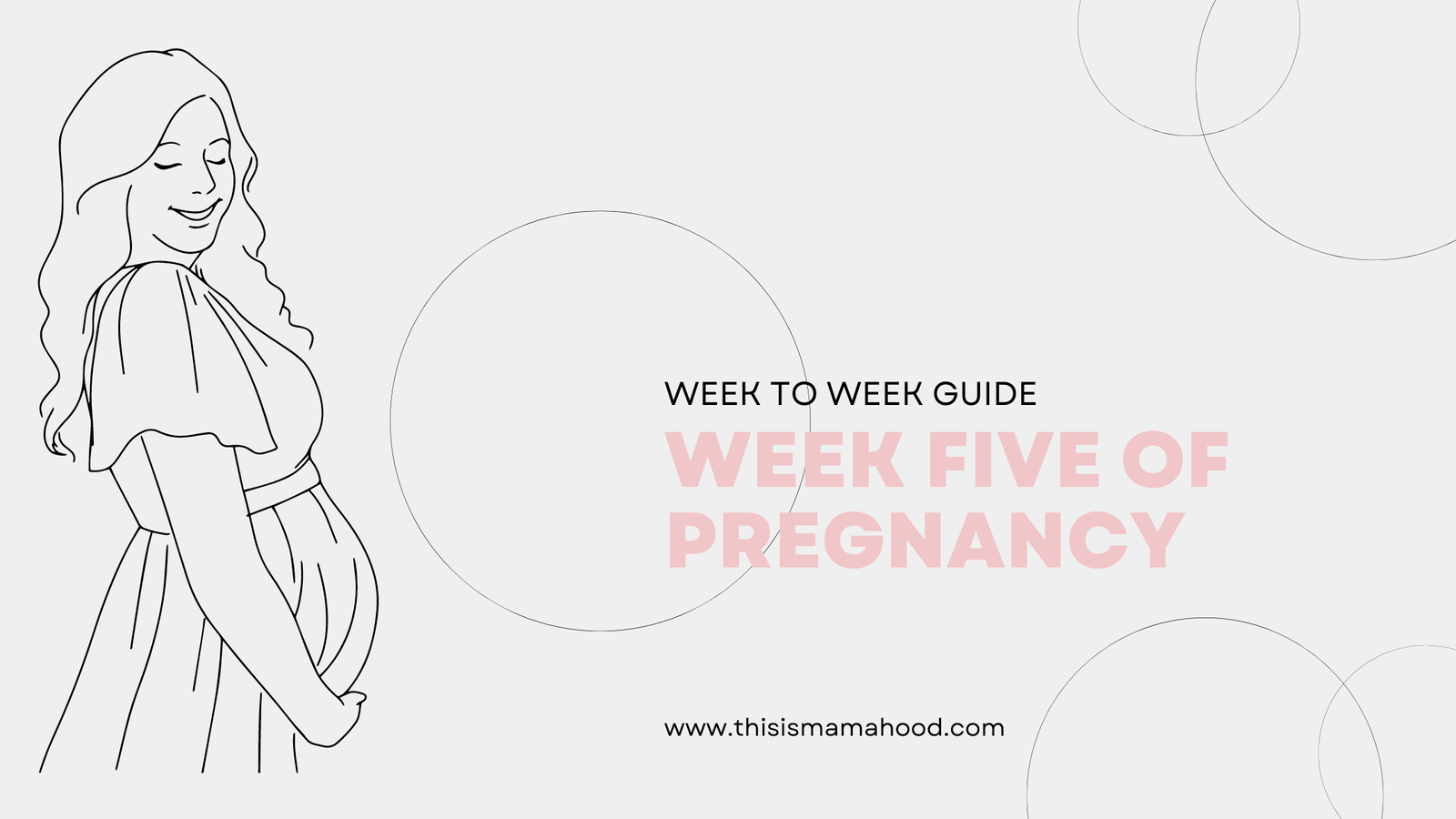Overview of Week 39 of pregnancy
During week 39 of pregnancy:
- Your baby is 19.5 inches long
- You are in trimester three
- 1 more week to go
- Baby is now full term
Your baby is now considered full term and is ready for life on the outside! Your discomfort is probably causing you to want your baby to come out soon and fast. Fear about childbirth may be dissipating just because you no longer want to be pregnant and you want to meet your little one now. You can try to naturally induce labor by trying things like eating spicy foods, going on walks, or having sex.
How many months pregnant is 39 weeks?
You are in the final countdown of pregnancy. You are now 9 months pregnant. Pregnancy is measured to be 40 weeks long, which ends up being about 9 months and 1 week. That means only 1 more week of pregnancy left. However, realistically, your baby could come at any time now. On the other hand, your baby may want to stay inside for a bit longer. Most babies do not go past 42 weeks of pregnancy, however.

How big is baby at 39 weeks pregnant?
This week your little one is the size of a pumpkin. Your baby is measuring at around 19.5 inches long and weighing around 7 pounds during week 39 of pregnancy. Remember, that these sizes are approximate and each baby grows at its own rate. Babies, at this point in pregnancy, tend to gain about 1 ounce each day.
Baby development during week 39 of pregnancy
Brain
Even though your baby is now considered full term, their brain is still developing at a quick rate. In fact, your baby’s brain accounts for about one-third of their overall weight. The brain will continue to grow at this quick rate for the first few years of your little one’s life.
Skin
Up until now, your baby’s skin has had a pinkish tint due to blood vessels underneath the skin. There has now been a deposit of a new layer of fat under the skin, which makes the skin appear white. This is true no matter what skin color your baby will end up with. Pigmentation of the skin occurs shortly after birth.

Pregnancy Week 39 Symptoms
Leaking breasts
Your breasts are getting ready to start milk production for your newborn; therefore, you may start to notice some liquid leaking from your breasts in the final weeks of pregnancy. Although, some women may have experienced this weeks, or even months, ago already. The liquid from your boobs is colostrum, the first form of milk your breasts make to feed your newborn.
Braxton-Hicks
Braxton-Hick contractions are false labor pains caused by the contraction of the uterus. They are not contractions that indicate that labor is coming; instead, they prepare your body for labor. Unlike labor contractions, these contractions come irregularly and do not increase in length or strength. They can feel uncomfortable and like mild menstrual cramps. If you have Braxton-Hicks that seem to worsen or don’t stop, check in with your doctor to make sure they are not real contractions.
Hemorrhoids
Hemorrhoids are swollen veins in your rectum and around your anus. During pregnancy, increased blood flow to the pelvic area, as well as increased pressure from the uterus, causes veins around your rectum to swell. Hemorrhoids can be uncomfortable and if you get them, it is best to avoid sitting for too long at a time, as sitting can cause extra pressure on the veins.
Swelling
Swelling in pregnancy is a normal symptom that usually starts in the second trimester and may worsen towards the end of pregnancy. Excess fluids in the body and pressure from your growing uterus can cause water retention in the feet, ankles, and hands. If you notice your fingers starting to swell, you should remove any rings until the swelling goes down. Let your doctor or midwife know if the swelling worsens or if there is a large amount in your face or around your eyes.
Trouble sleeping
With your growing belly, you may find it increasingly difficult to fall asleep. Your big belly will make getting into a comfortable position a challenging task. Add in increasing heartburn and increasing movements from your baby and then sleeping will seem impossible. Make sure you have a comfy pregnancy pillow and avoid eating foods that aggravate heartburn.
Heartburn
Pregnancy hormones may allow the muscles in the esophagus to relax more frequently, allowing stomach acids to push back up into the esophagus. This is what causes the burning sensation in your chest, known as heartburn or acid reflux. Now that your baby and uterus are growing, there is also more pressure on your stomach which causes acids to be pushed further up. Over-the-counter medications, such as Tums or Rolaids, can help to reduce any discomfort. If any pain persists, it is best to talk to your doctor about other medications that may be available.
Pregnancy week 39 tips
Take pictures
Have you taken your weekly baby bump photo yet? These pictures will be a good memory to look back on and it is a fun way to show your belly growing throughout your pregnancy.
Learn signs of labor
Labor could come at any time now; make sure you know the signs that your baby is coming. Talk to your doctor or midwife about symptoms of labor and when you should make your way to the hospital. Here are some common signs of upcoming labor:
- Losing your mucus plug
- Diarrhea
- Your water breaking
- Increasing contractions
Perineal massage
The goal of perineal massage is to stretch the perineal tissue (area between anus and vagina) and prepare it to stretch over your baby’s head during delivery. Perineal massage is often done to aid in labor and prevent tearing or trauma. You can do it either by yourself or with the aid of your partner.
Plan your baby announcement
How are you going to announce the arrival of your newest family member? Your little one could be here any day now, so you should start to think about how you plan on introducing them to your friends and family. Will you send a group text, post on social media, or send out cards? Will you send a cute picture of your newborn or plan something funny for your announcement?




